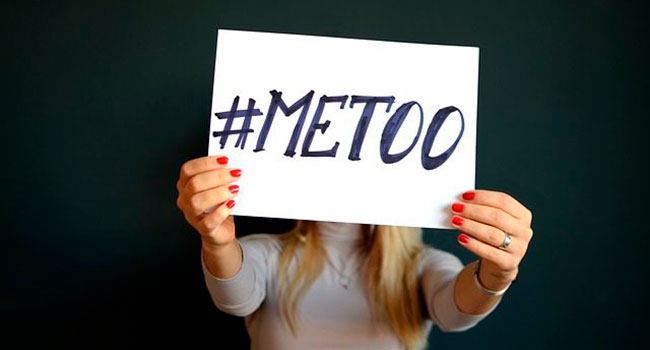 I seem to have a penchant for seeking out protests – not necessarily to participate but to observe, to soak in the screams, the worn-out chants, the always amusing soundbite slogans.
I seem to have a penchant for seeking out protests – not necessarily to participate but to observe, to soak in the screams, the worn-out chants, the always amusing soundbite slogans.
This particular demonstration, while not well attended, took place in front of the Supreme Court of Canada. The “anti-capitalist” rally and march in support of the Oppression Olympics highlighted “The working poor and workers who are not unionized; workers confronted with precarious and underpaid work; the workers excluded from the labour market; Indigenous communities; people and communities facing racist and national oppression; immigrants and refugees; women and other gender-oppressed people; (and) 2SLGBTQ+ communities.”
Interestingly enough, this reads like it could be in any one of the federal government’s publicly released ministerial mandate letters.
I suspect that most people observing an anti-capitalist rally protected by the police would smile wryly, shake their heads at the irony and continue on with their day.
I also have enough confidence in our society to say that most people would find the results of the ideology implemented in the wake of the 20th century’s Marxist-communist revolutions deplorable. Such implementation led to approximately 94 million deaths, which is absolutely staggering if one tries to process each life taken.
Yet many today would argue that the ultimate ideal of equality and equity is, in fact, a good thing.
It’s the age-old argument that “the ideals of communism are laudable, however, they were just implemented in the wrong way.” The sympathy towards this kind of idealism can explain numerous controversies in recent Canadian history, including the government decision to relocate (hide), downsize (defund) and rename (correct) the monument formerly known as A Monument to Victims of Totalitarian Communism: Canada, A Land of Refuge, to simply: Canada: A Place of Refuge.
Indeed, the day before this protest, Jason Barker wrote in his article for the New York Times, Happy Birthday, Karl Marx. You were Right!, that “social justice movements like Black Lives Matter and #MeToo owe something of an unspoken debt to Marx through their unapologetic targeting of the ‘eternal truths’ of our age.”
This is not to discredit many of the legitimate grievances raised by these movements, but the direction they have taken, particularly relying on the court of public opinion for trial, judge and jury, have been disturbing.
As Ryszard Legutko, Polish political philosopher, member of the European Parliament and a key member of the resistance to communist rule in Poland, describes in his thoughtful commentary, The Demon in Democracy: Totalitarian Temptations in Free Societies, the consistencies between ideology in liberal-democratic and communist societies are obvious. “The main cause is equality, which both regimes gave a status of the highest value and made a regulating principle.”
Equality as a regulating principle has reared its head on numerous occasions of late. The list of issues covers a wide range. It includes Bill C-16 and the potential of state-mandated speech, and the Law Society of Ontario’s recent dictate that all lawyers in the province must create and abide by an individual statement of principles that acknowledges their “obligation to promote equality, diversity and inclusion generally” and their “behaviour towards colleagues, employees, clients and the public.”
We have also seen multiple ideological impositions. These include the Canada Summer Jobs attestation requirement that compels statements regarding reproductive rights, the directive instructing Service Canada employees to “use gender-neutral language or gender-inclusive language” (instead of words like father, mother, son or daughter), the implementation of mandatory diversity targets for Canadian corporations, and the promise to achieve gender equity in sport at every level by 2035.
This approach to equality, diversity and inclusion is largely based on the theoretical assumption that diversity (curiously undefined in many cases) in any given area delivers better performance for all those involved. Is that the case for the much-applauded gender-parity federal cabinet?
Is it the appropriate role of government, through policy and legislative measures, to effect these changes in Canadians’ lives?
The hollowness of these aspirations to mandated equality, diversity and inclusion is giving rise to a new social conversation about political correctness, what we mean by equality, the nature of the person and dignity, personal responsibility, and the importance of affirming truth within society.
Indeed, the recent Munk Debate on political correctness alone has generated a massive discussion. Discussion has generated over 5,000 comments alone, in comparison to previous debates, which typically feature under 100.
These are subjects still open for debate; we can’t let the doors close yet.
Brent McCamon is a senior researcher at the think-tank Cardus.
The views, opinions and positions expressed by columnists and contributors are the author’s alone. They do not inherently or expressly reflect the views, opinions and/or positions of our publication.

